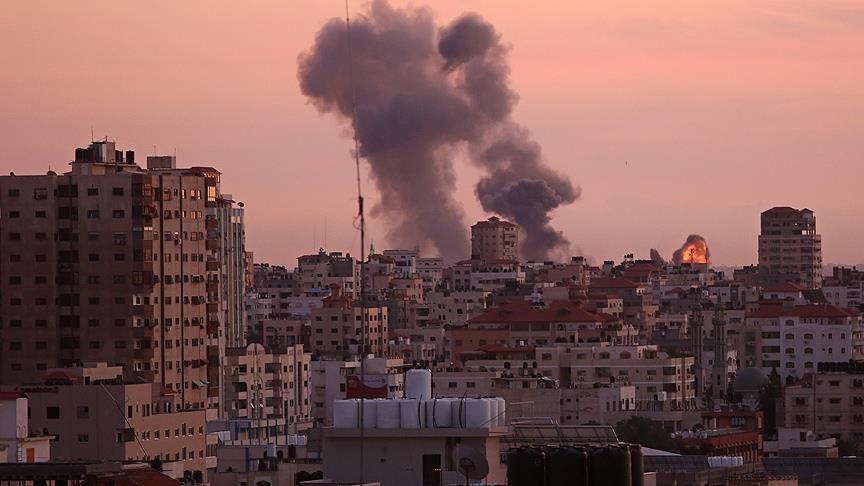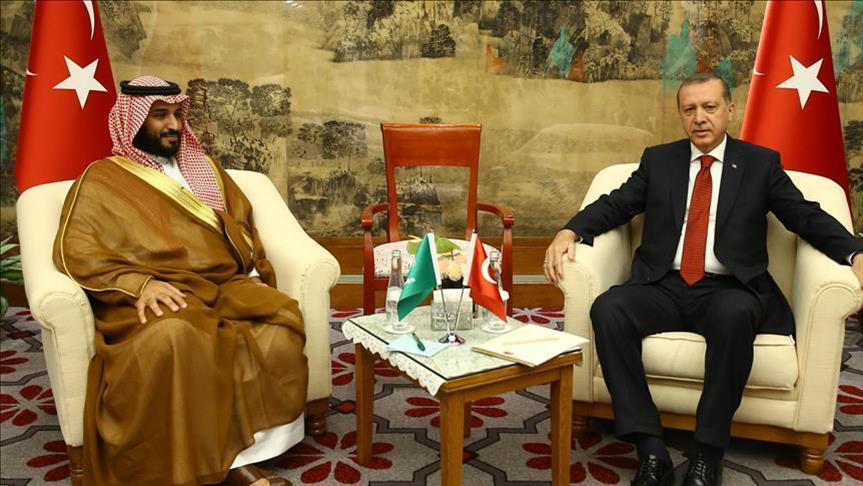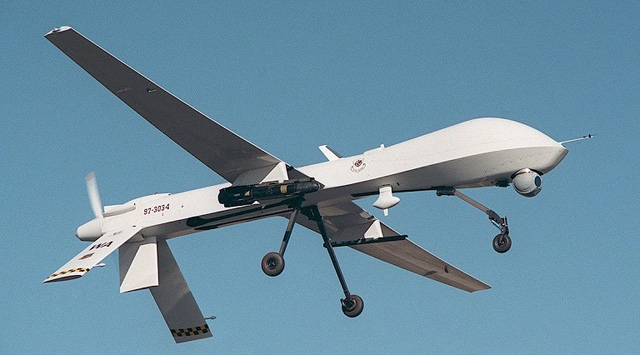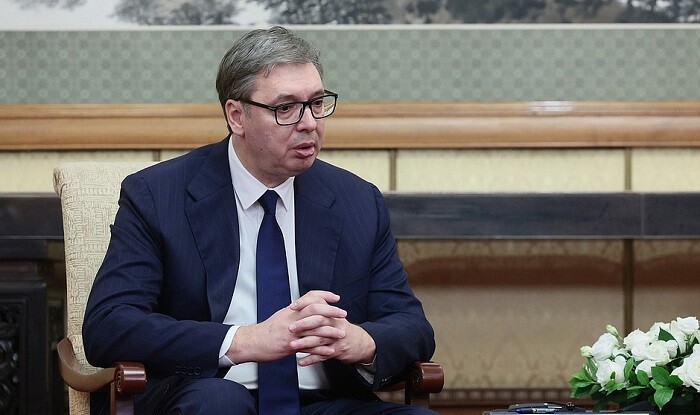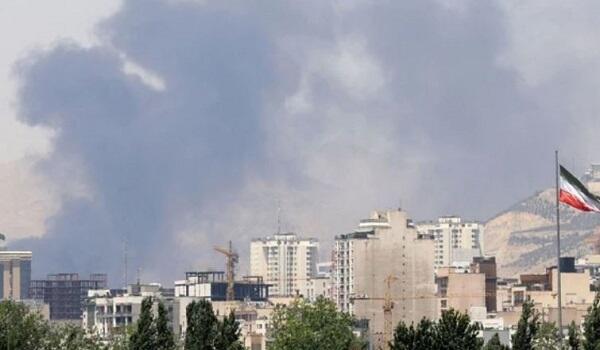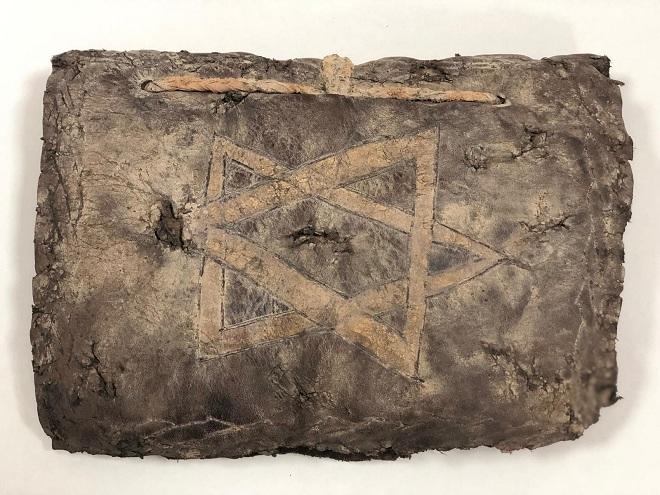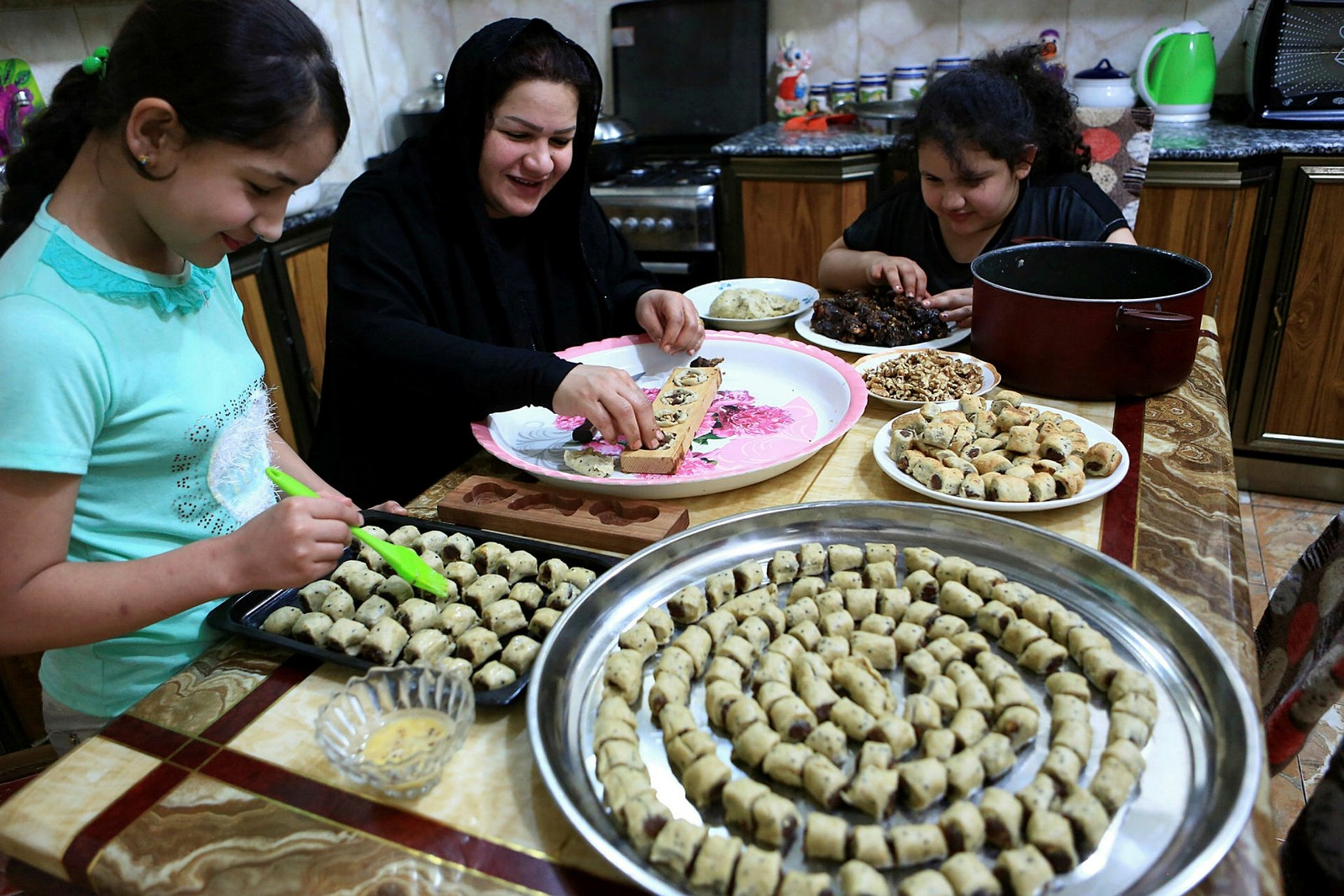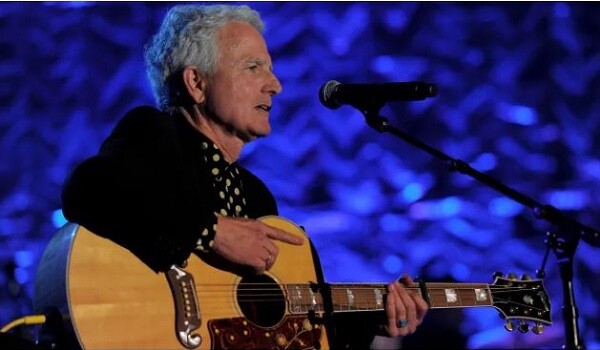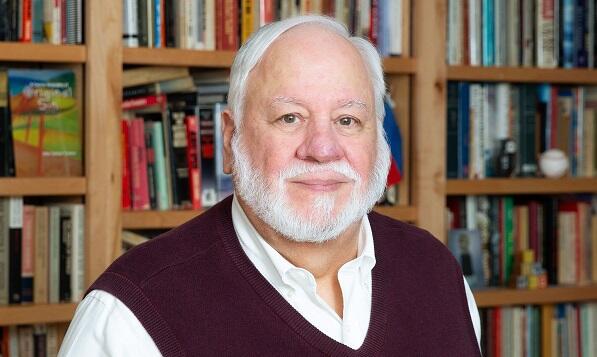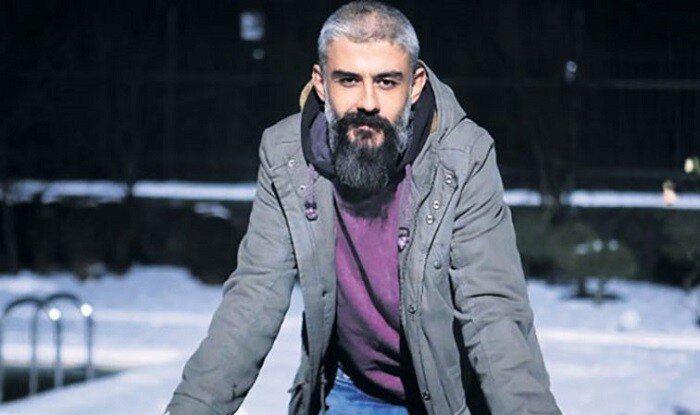Eid al-Adha, also known as the "Festival of Sacrifice," is one of the most important Islamic holidays celebrated by Muslims worldwide. It commemorates the willingness of Prophet Ibrahim (Abraham) to sacrifice his son as an act of obedience to God. However, before he could carry out the sacrifice, God provided a ram to sacrifice instead.
The holiday takes place on the 10th day of Dhu al-Hijjah, the last month of the Islamic lunar calendar, and it lasts for about three days. Eid al-Adha coincides with the culmination of the Hajj pilgrimage, an annual Islamic pilgrimage to Mecca, which is one of the Five Pillars of Islam.
Key aspects of Eid al-Adha include:
1. Sacrifice (Qurbani): Muslims who can afford to do so sacrifice an animal, usually a sheep, goat, cow, or camel. The meat is then divided into three parts: one-third is kept for the family, one-third is given to relatives and friends, and one-third is distributed to the poor and needy.
2. Prayer: Special prayers are held at mosques and prayer grounds. The Eid prayer, or Salat al-Eid, includes a sermon (khutbah) and is performed in the congregation.
3. Charity: Emphasis is placed on giving to those in need, both through the distribution of meat and other forms of charity (sadaqah).
4. Festivities: The holiday is marked by gatherings of family and friends, special meals, and the exchange of gifts.
5. Reflection: Eid al-Adha is a time for Muslims to reflect on the values of sacrifice, devotion, and obedience to God.
Overall, Eid al-Adha is a time of joy, community, and spiritual renewal for Muslims around the world.
In Azerbaijan, Eid al-Adha, known locally as "Qurban Bayramı," is celebrated with a blend of traditional Islamic customs and local cultural practices. The celebration in Azerbaijan is marked by several key activities and customs:
1. Animal Sacrifice (Qurban): Similar to other Muslim-majority countries, one of the central rituals of Eid al-Adha in Azerbaijan is the sacrifice of an animal, usually a sheep, goat, or cow. This act commemorates Prophet Ibrahim's willingness to sacrifice his son. The meat from the sacrifice is divided into three parts: one for the family, one for relatives and friends, and one for the poor and needy.
2. Prayer: On the morning of Eid, Muslims in Azerbaijan attend special prayers held at mosques. The Eid prayer, or "Bayram Namazı," is performed in congregation and includes a sermon that reflects on the significance of the holiday and the importance of sacrifice and charity.
3. Charity: Giving to those in need is a significant aspect of the celebration. Azerbaijanis distribute meat from the sacrificed animals to the less fortunate and often engage in other charitable activities, ensuring that everyone can partake in the festive spirit of the holiday.
4. Family Gatherings: Eid al-Adha is a time for family and friends to come together. Azerbaijani families prepare special meals and traditional dishes, share food, and spend quality time together. Visiting relatives and neighbors to exchange greetings and well-wishes is a common practice.
5. Traditional Foods: The holiday feast in Azerbaijan includes a variety of traditional dishes. Popular foods might include pilaf (plov), dolma (stuffed grape leaves or vegetables), kebabs, and various sweets and pastries. Sharing these meals with loved ones is a cherished part of the celebration.
6. Public Celebrations and Decorations: In cities and towns, there may be public celebrations and events organized to mark the occasion. Streets and homes might be decorated, and there is a general atmosphere of festivity.
7. Cultural Integration: While maintaining the religious essence of Eid al-Adha, the celebrations in Azerbaijan also reflect the country’s unique cultural heritage. Traditional music, dances, and attire might be part of the festivities, blending religious observance with national customs.
Overall, Eid al-Adha in Azerbaijan is a time of religious devotion, community spirit, and cultural celebration, where the values of sacrifice, charity, and togetherness are prominently highlighted.
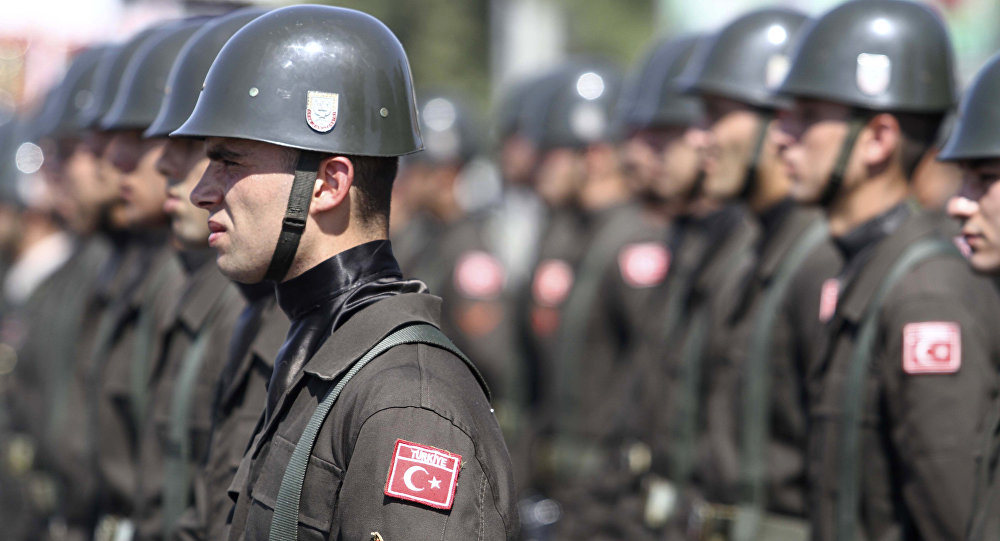


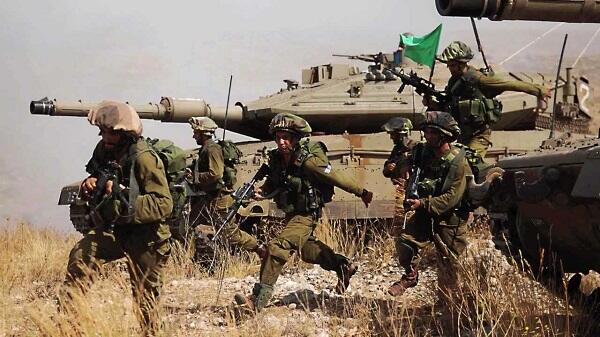

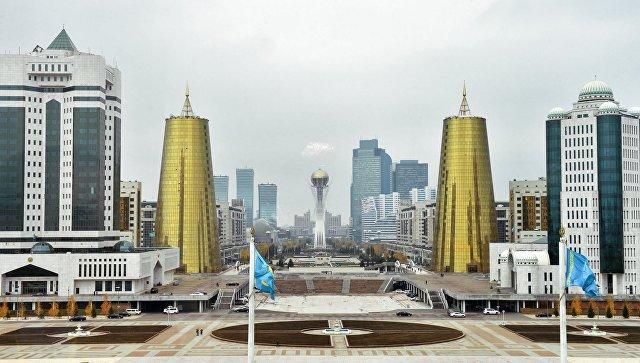
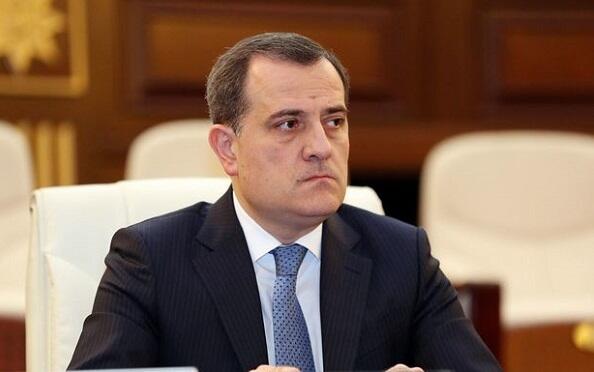
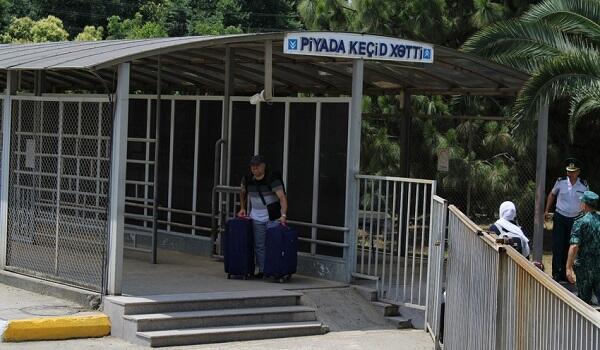

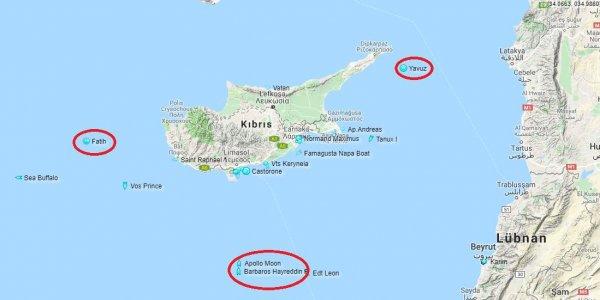


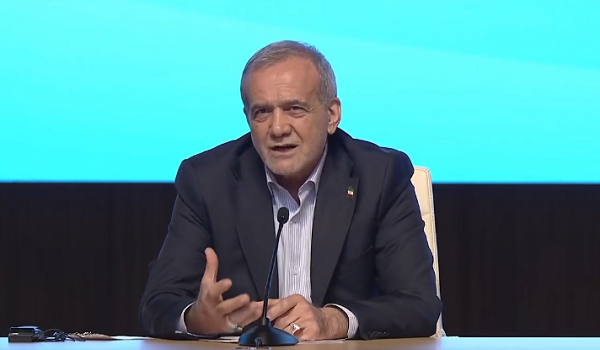

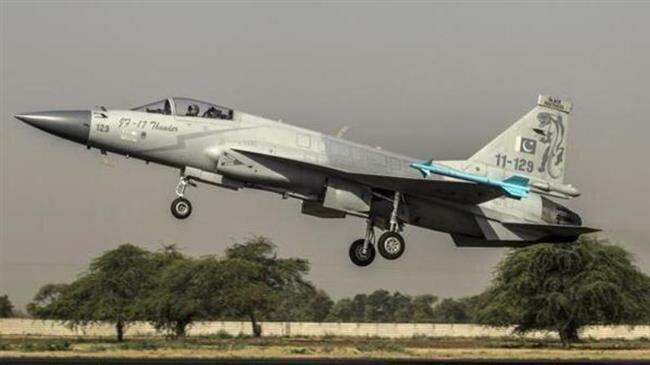
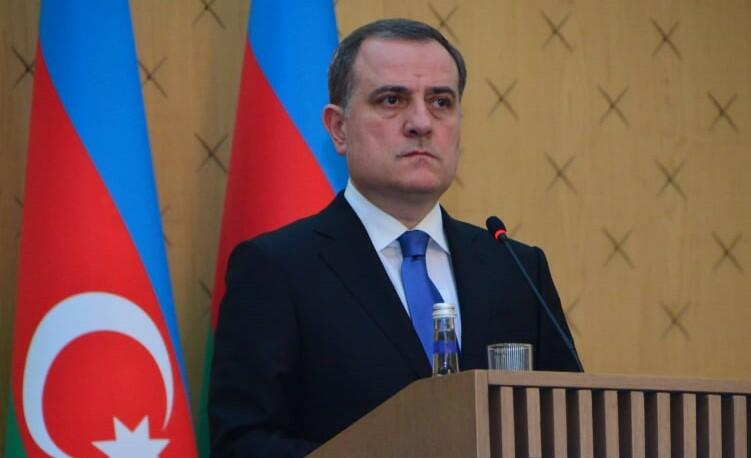
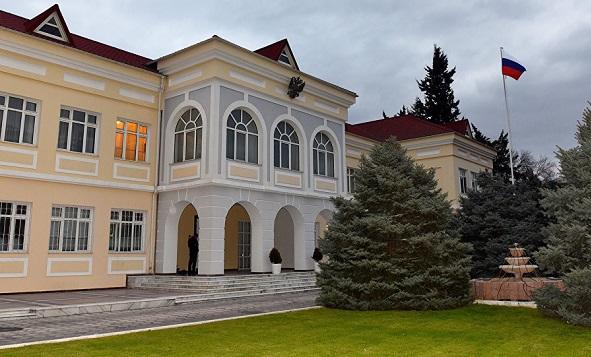
.jpg)
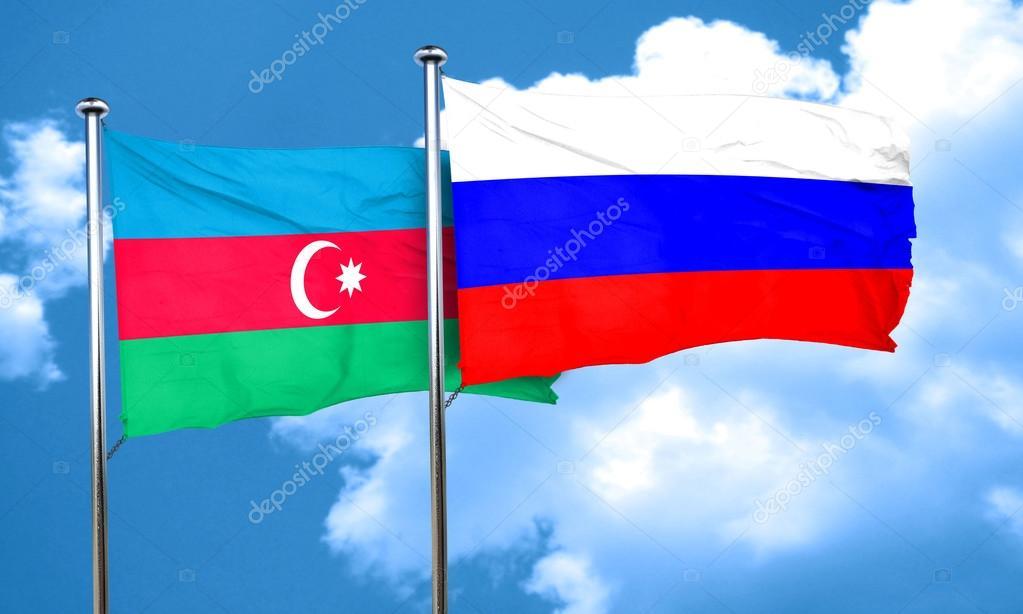
.jpg)


